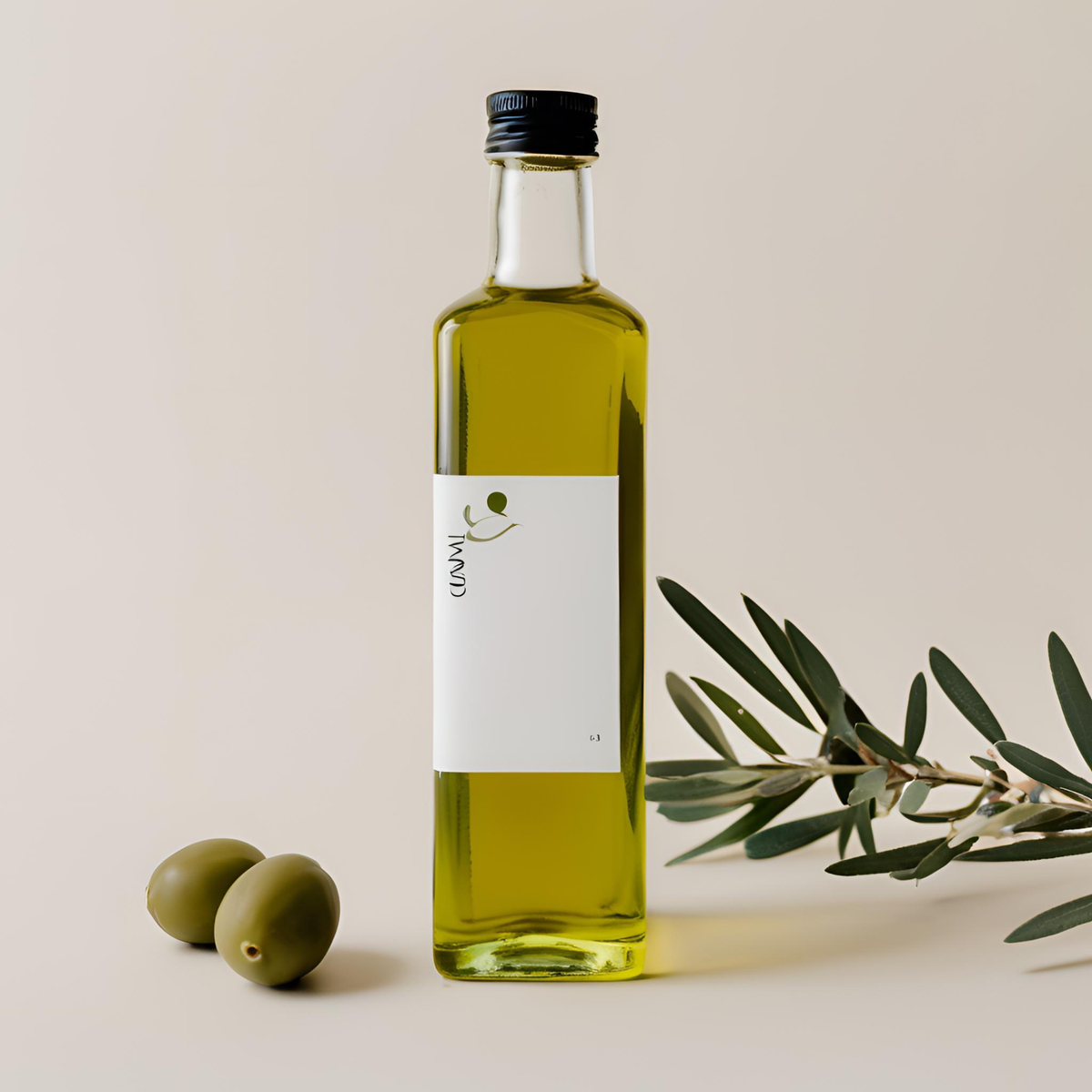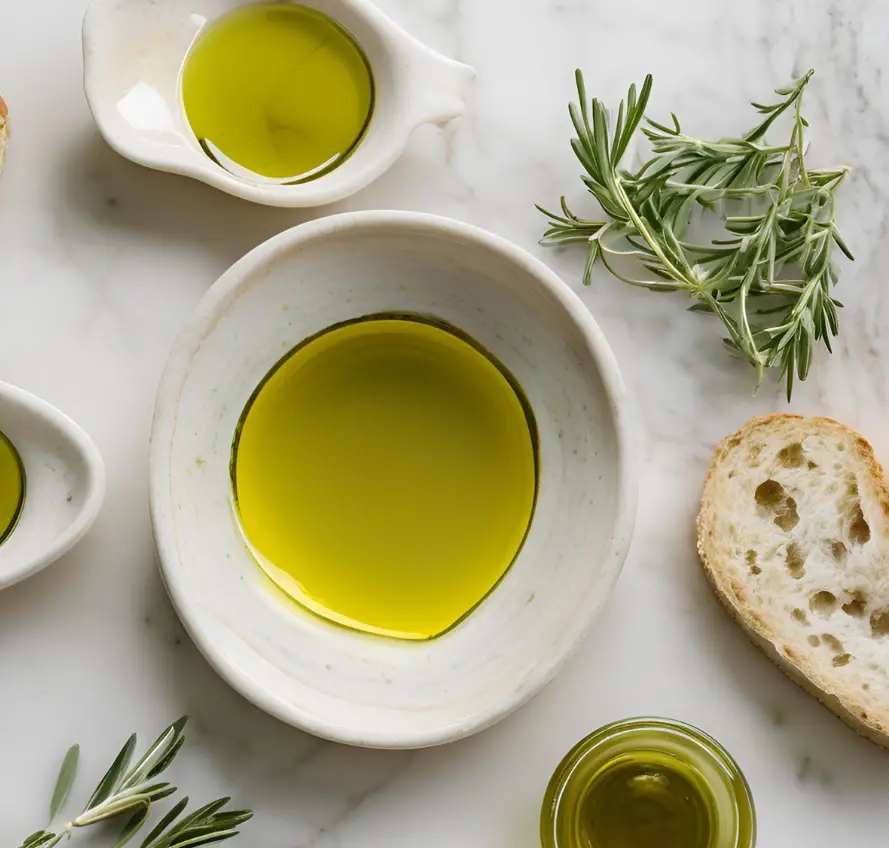Liquid Gold: How to Choose and use Exclusive Olive Oil

Olive oil is a symbol of health, tradition, and craftsmanship, especially in the South of France. But not all olive oils are created equal. Selecting the right bottle, appreciating its origins, and knowing how to use it properly are key to fully enjoying this exclusive product.
What to Look For in High Quality Olive Oil
Selecting the perfect olive oil is an art, especially when it comes to exclusive Provençal varieties from the Côte d’Azur. Known for their rich, fruity flavors and exceptional quality, these oils reflect the region’s sun-soaked landscapes and time-honored traditions. Here’s what to look for and some renowned producers to explore:
Extra Virgin Quality
Ensure the label reads “Extra Virgin,” which signifies the highest grade of olive oil. It’s made without chemical processing and retains its natural flavor, nutrients, and health benefits.
PDO Certification
Provençal olive oils with a Protected Designation of Origin (PDO) label guarantee authenticity. Look for “Huile d’Olive de Provence AOP” or “Huile d’Olive de Nice AOP” to ensure the oil was produced, processed, and bottled in the region.

Harvest Date
Freshness matters in olive oil. Choose bottles with a recent harvest date, ideally within the last year, to enjoy the fullest flavor and health benefits.
Cold-Pressing
Opt for oils labeled “cold-pressed” or “first cold extraction,” indicating that the oil was extracted at low temperatures to preserve its natural taste and nutrients.
Single-Estate Bottles
Single-estate oils come from one specific grove, ensuring consistent quality and flavor. These oils often reflect the unique terroir of the Côte d’Azur.
Flavor Profiles
Provençal olive oils often have a fruity, peppery, or grassy profile. Choose oils with flavors that complement your culinary preferences, whether for drizzling, dipping, or cooking.
Chose the right producer
Selecting the right olive oil producer is as much about the quality of the oil as it is about the story behind it. In the South of France, olive oil is deeply rooted in tradition, with producers often combining generations of expertise with modern techniques. Look for producers who prioritize local, high-quality olives and traditional methods of extraction, ensuring the oil retains its full flavor and health benefits.

Some Renowned Olive Oil Producers on the Côte d’Azur
Château d’Estoublon (Fontvieille)
While slightly further inland, this iconic estate is renowned for its premium olive oils. The estate produces both monovarietal and blended oils, offering diverse flavor profiles that showcase the region’s richness.
La Compagnie de l’Huile d’Olive
La Compagnie de l’Huile d’Olive offers a curated selection of organic and PDO-certified olive oils from various small producers across the South of France. Their commitment to quality ensures that each oil reflects the unique terroir and traditional methods of its origin.
Olive Oil Lovers
Olive Oil Lovers features premium-quality extra virgin olive oils from top producers in France, including Château d’Estoublon and Moulin Castelas. They emphasize quality over quantity, offering oils from small farms in regions with strict quality controls.
How to Consume exclusive Olive Oil
Consuming olive oil isn’t just about cooking, it’s about understanding its biological properties to maximize its health benefits and incorporating it thoughtfully into your daily routine. Here’s how to make the most of your liquid gold:
1. Enjoy It Raw as a Finishing Touch
Provençal olive oil is best appreciated when used raw, as this helps preserve its delicate, nuanced flavors and health benefits. Drizzle it over fresh salads, roasted vegetables, or grilled fish to enhance their natural tastes. A few drops on soups or pasta can transform a simple dish into something extraordinary.
2. Pair It with Bread for a Classic Appetizer
Skip the butter and dip crusty French bread into a small dish of high-quality olive oil. For an extra touch, sprinkle a pinch of sea salt or Provençal herbs into the oil for added flavor. This pairing is perfect as a light starter for dinner parties, a quick snack, or a rustic addition to a Mediterranean-themed meal.
3. Highlight It in Provençal Specialties
Incorporate olive oil into traditional Provençal recipes like pistou soup (a vegetable soup with basil pesto), ratatouille, or tapenade (an olive spread). These dishes rely on olive oil not only for flavor but also as a symbol of the region’s culinary heritage.

4. Use It as a Marinade Base
Provençal olive oil makes an excellent base for marinades. Combine it with garlic, lemon, and herbs like thyme or rosemary to flavor meats, fish, or vegetables. The oil helps to tenderize ingredients while infusing them with aromatic richness.
5. Bake with Olive Oil
Replace butter with olive oil in baked goods for a healthier alternative. Olive oil adds moisture and a subtle fruity flavor to cakes, muffins, and breads. It’s especially popular in Mediterranean desserts like olive oil cake with citrus zest.
6. Pair It with Cheese
A drizzle of olive oil over fresh goat cheese or burrata can elevate the pairing to gourmet status. Add a sprinkle of cracked pepper or Provençal herbs for an elegant appetizer or snack.
8. Explore Olive Oil Tasting
Why not try something different and turn olive oil into your next tasting adventure? Like wine, olive oil has its own complex flavor profiles—fruity, peppery, grassy, or nutty—that are just waiting to be explored. Olive oil tasting is a fun and original alternative to traditional wine tastings and makes a thoughtful gift.

9. Store It Properly for Maximum Freshness
To preserve its quality, keep your olive oil in a cool, dark place and ensure the bottle is tightly sealed. Use it within a year of purchase to enjoy its peak flavor.
Final word
Whether drizzled over a crisp salad, paired with warm, crusty bread, or appreciated as a symbol of sustainability and craftsmanship, olive oil is a Mediterranean must-have. Packed with antioxidants and heart-healthy fats, it’s not just delicious—it’s a small daily boost for your well-being.
